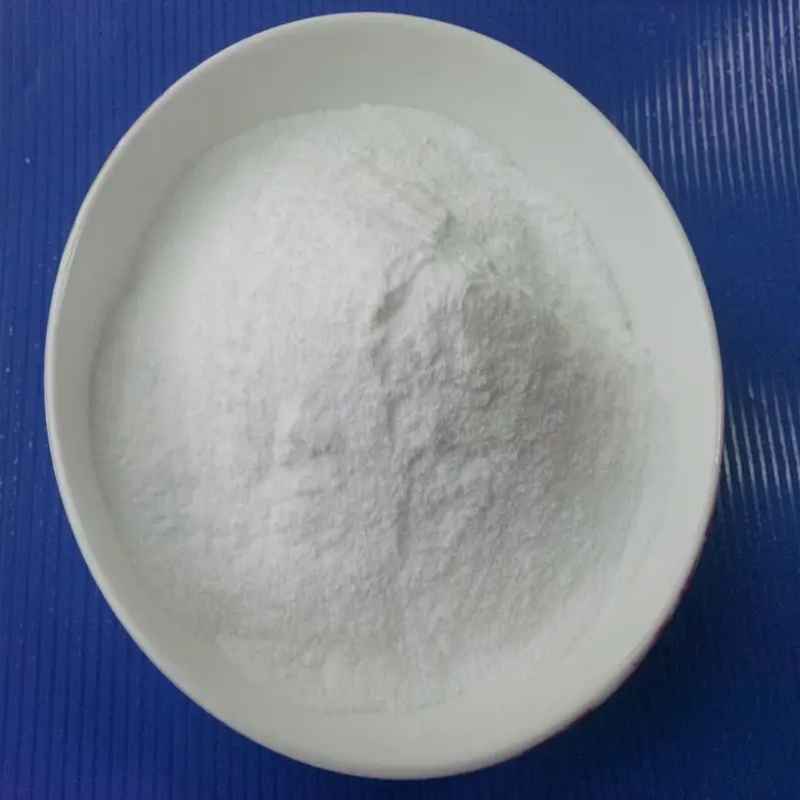-
Categories
-
Pharmaceutical Intermediates
-
Active Pharmaceutical Ingredients
-
Food Additives
- Industrial Coatings
- Agrochemicals
- Dyes and Pigments
- Surfactant
- Flavors and Fragrances
- Chemical Reagents
- Catalyst and Auxiliary
- Natural Products
- Inorganic Chemistry
-
Organic Chemistry
-
Biochemical Engineering
- Analytical Chemistry
- Cosmetic Ingredient
-
Pharmaceutical Intermediates
Promotion
ECHEMI Mall
Wholesale
Weekly Price
Exhibition
News
-
Trade Service
Amyotrophic lateral sclerosis (ALS, also known as ALS) is a rapidly progressive neurodegenerative disease that affects up and down motor neurons
.
Patients initially present with muscle weakness, dyskinesia, and eventually death from respiratory failure, for which there is no effective treatment
.
The most common causative factor of ALS is the increased repeated amplification of GGGGCC hexanucleotide in intron 1 of the open reading frame 72 (C9orf72) gene on chromosome 9, and the related disease has been named C9ALS
.
At present, the function of this protein is poorly understood, and how the mechanism of functional loss is involved in the process of neural degeneration of C9ALS is still unclear
.
Recently, Li Lei's research group from the School of Life Science and Technology of ShanghaiTech University published a report in the journal Cell Death & Differentiation entitled "C9orf72 functions in the nucleus to" The research paper regulating DNA damage repair reports the new function of C9orf72, the most common mutant gene in amyotrophic lateral sclerosis (ALS), to regulate DNA damage repair.
The study started by looking for C9orf72-binding protein, and used immunoprecipitation-mass spectrometry (IP-MASS) to explore its new function
.
The results showed that C9orf72 binds to DNA-PKcs, the core protein of the non-homologous terminal (NHEJ) repair pathway, and that C9orf72 rapidly aggregates at the broken ends
of DNA after DNA damage.
The C9orf72 protein facilitates the assembly of DNA-PK complexes after DNA damage, as well as the progression
of NHEJ repair.
Decreased expression of C9orf72 in neurons in C9ALS patients will lead to defects in the NEHJ repair pathway, and repeated amplification of GGGGCC will induce an additional amount of DNA damage that cannot be effectively repaired, resulting in DNA damage accumulation and neurodegeneration
.
This study is the first to propose the new function of C9orf72 in regulating DNA repair in the nucleus, and explain the new mechanism
by which function acquisition and function loss jointly lead to DNA damage accumulation and neurodegeneration in C9ALS neurons.
C9orf72 deletion leads to DNA damage accumulation and neuronal death in ALS model mouse neurons, Liying He, a 2019 doctoral student in Li Lei's research group at ShanghaiTech University, and Liang Jiaqi, a 2019 master student, are co-first authors
。 Li Lei is the corresponding author, and ShanghaiTech University is the first to complete
.
Links to papers: style="color: rgb(136, 136, 136);cursor: pointer;transition: all 0.
6s ease 0s;letter-spacing: normal;font-size: 12px;" _mstmutation="1" _istranslated="1">
Open reprint welcome to forward to Moments and WeChat groups
.
Patients initially present with muscle weakness, dyskinesia, and eventually death from respiratory failure, for which there is no effective treatment
.
The most common causative factor of ALS is the increased repeated amplification of GGGGCC hexanucleotide in intron 1 of the open reading frame 72 (C9orf72) gene on chromosome 9, and the related disease has been named C9ALS
.
At present, the function of this protein is poorly understood, and how the mechanism of functional loss is involved in the process of neural degeneration of C9ALS is still unclear
.
Recently, Li Lei's research group from the School of Life Science and Technology of ShanghaiTech University published a report in the journal Cell Death & Differentiation entitled "C9orf72 functions in the nucleus to" The research paper regulating DNA damage repair reports the new function of C9orf72, the most common mutant gene in amyotrophic lateral sclerosis (ALS), to regulate DNA damage repair.
The study started by looking for C9orf72-binding protein, and used immunoprecipitation-mass spectrometry (IP-MASS) to explore its new function
.
The results showed that C9orf72 binds to DNA-PKcs, the core protein of the non-homologous terminal (NHEJ) repair pathway, and that C9orf72 rapidly aggregates at the broken ends
of DNA after DNA damage.
The C9orf72 protein facilitates the assembly of DNA-PK complexes after DNA damage, as well as the progression
of NHEJ repair.
Decreased expression of C9orf72 in neurons in C9ALS patients will lead to defects in the NEHJ repair pathway, and repeated amplification of GGGGCC will induce an additional amount of DNA damage that cannot be effectively repaired, resulting in DNA damage accumulation and neurodegeneration
.
This study is the first to propose the new function of C9orf72 in regulating DNA repair in the nucleus, and explain the new mechanism
by which function acquisition and function loss jointly lead to DNA damage accumulation and neurodegeneration in C9ALS neurons.
C9orf72 deletion leads to DNA damage accumulation and neuronal death in ALS model mouse neurons, Liying He, a 2019 doctoral student in Li Lei's research group at ShanghaiTech University, and Liang Jiaqi, a 2019 master student, are co-first authors
。 Li Lei is the corresponding author, and ShanghaiTech University is the first to complete
.
Links to papers: style="color: rgb(136, 136, 136);cursor: pointer;transition: all 0.
6s ease 0s;letter-spacing: normal;font-size: 12px;" _mstmutation="1" _istranslated="1">
Open reprint welcome to forward to Moments and WeChat groups







